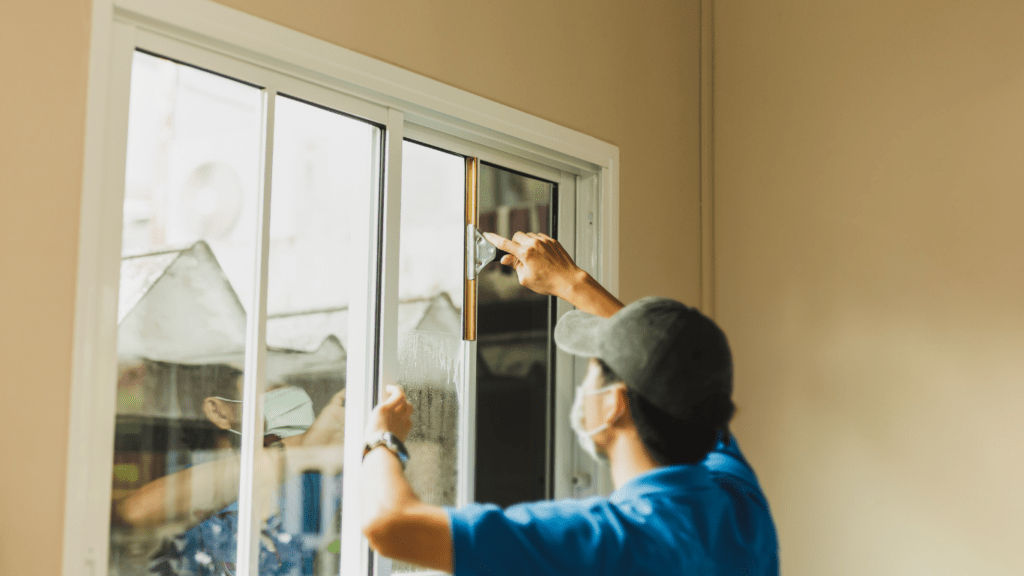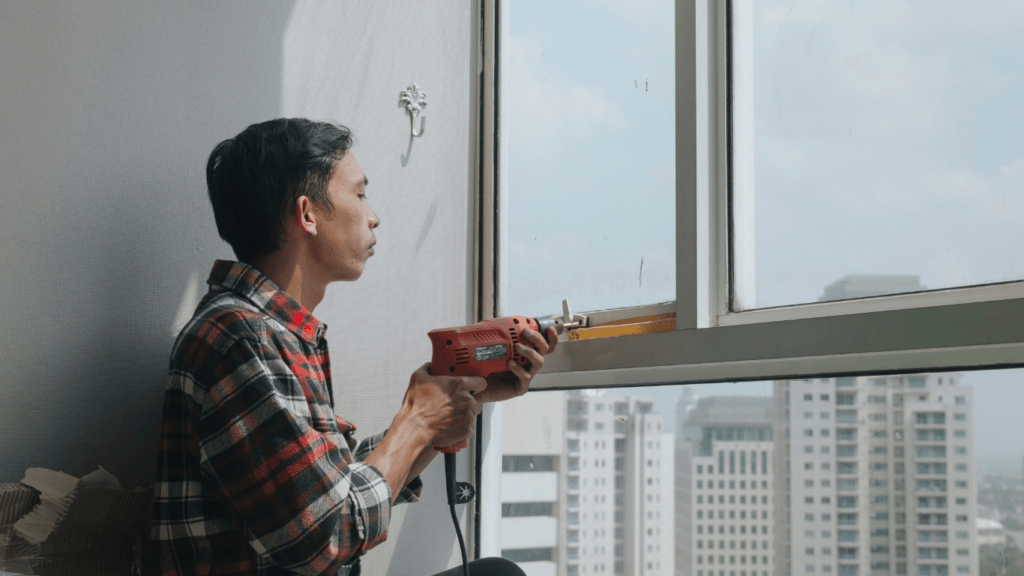Navigating property repairs can be a daunting task for homeowners. Knowing when to roll up your sleeves and tackle a project yourself or when to call in a professional can make a world of difference.
In this article, I’ll guide you through the decision-making process of handling property repairs: when to DIY and when to hire a pro. As a homeowner myself, I understand the importance of balancing cost-effectiveness with quality workmanship when it comes to property maintenance.
Whether it’s a leaky faucet, a broken tile, or a major electrical issue, making the right choice between a DIY approach and hiring a professional can save you time, money, and headaches in the long run. Join me as we explore the factors to consider when facing property repairs, from assessing your skills and available time to weighing the risks and benefits of each option.
By the end of this article, you’ll feel more confident in making informed decisions about how to best handle your property repairs.
Understanding the Scope of Property Repairs
When considering property repairs, it’s crucial to understand the various types you may encounter and the factors that can influence your decision to proceed with a DIY approach or hire a professional.
Different Types of Property Repairs
When it comes to property repairs, there are several types that homeowners may face, including:
- Plumbing issues, such as leaky faucets, clogged drains, or burst pipes.
- Electrical problems like faulty wiring, flickering lights, or power outages.
- Structural repairs such as roof leaks, foundation cracks, or sagging floors.
- Cosmetic fixes like painting walls, replacing tiles, or updating fixtures.
- HVAC repairs, including issues with heating, ventilation, and air conditioning systems.
Factors to Consider Before Proceeding
Before deciding whether to tackle a repair yourself or hire a professional, consider the following factors:
- Skill Level: Assess your own expertise and capabilities in handling the specific repair task.
- Time Constraints: Evaluate if you have the time to dedicate to completing the repair in a timely manner.
- Cost Analysis: Compare the cost of DIY repairs with hiring a professional to ensure cost-effectiveness.
- Safety Risks: Consider any potential safety hazards involved in the repair process.
- Quality Standards: Determine if you can achieve the desired quality and durability with your repair skills.
By understanding the types of property repairs and evaluating these critical factors, you can make informed decisions on when to DIY and when to hire a professional for effective property maintenance.
The Benefits of DIY Property Repairs
Embarking on do-it-yourself property repairs offers homeowners various advantages, from cost-effectiveness to a sense of accomplishment.
Cost-Effectiveness of DIY
Handling property repairs on my own can significantly reduce expenses, saving me money on labor costs that would otherwise inflate the overall bill for professional services.
Sense of Accomplishment
Completing DIY property repairs gives me a profound sense of achievement and self-sufficiency, fostering confidence in my ability to tackle future projects with ease.
When to Hire a Professional
When it comes to property repairs, recognizing the signs that indicate the need for professional help is crucial. Here are some key indicators that suggest DIY may not be the best option:
- Complexity of the Repair: When the repair involves intricate systems or structural components that are beyond your expertise, it’s time to call in a professional. Complex issues like electrical rewiring or foundation repairs require specialized knowledge and skills.
- Safety Concerns: If the repair poses any safety risks, such as working with electricity or dealing with hazardous materials, hiring a professional is essential to avoid accidents or injuries. Protecting yourself and your property should be the top priority.
- Lack of Proper Tools and Equipment: Certain repairs demand specific tools and equipment that may not be available in your toolbox. Professionals come equipped with the right gear to efficiently handle the job without causing damage or delays.
- Time Constraints: When you’re pressed for time and need the repair done quickly and accurately, hiring a professional can save you valuable time. Professionals are trained to work efficiently, ensuring timely completion of the repair.
- Legal Compliance: Some repairs, particularly those related to plumbing or electrical work, may require permits or adherence to building codes. Hiring a professional ensures that the repair is done correctly and complies with legal regulations, preventing future issues.
By recognizing these signs and acknowledging when professional help is necessary, homeowners can ensure that property repairs are carried out effectively and safely.
Choosing Between DIY and Hiring a Pro
When deciding between do-it-yourself (DIY) property repairs and hiring a professional, it’s crucial to assess the scope of the project and your own expertise. For simple tasks like fixing a leaky faucet or painting a room, tackling them myself can be a rewarding and cost-effective endeavor.
However, more complex issues, such as electrical wiring or structural repairs, may require the expertise of a skilled professional to ensure safety and compliance with regulations. In cases where the repair involves intricate technical knowledge or poses safety risks, it’s wise to hire a pro.
Professionals have the training, experience, and tools to handle challenging repairs effectively. Taking on projects beyond my skill level could lead to subpar results, potential injury, or even legal issues if not done properly.
I always consider the time and effort required for a repair. While DIY projects offer a sense of accomplishment, they can be time-consuming, especially for those with busy schedules. When facing time constraints or urgent repairs, hiring a professional can expedite the process and ensure timely completion without compromising quality.
Cost analysis is another critical factor in decision-making. While DIY repairs can save money on labor costs, purchasing specialized tools or materials for a one-time project may offset those savings. Comparing the overall expenses of a DIY project versus hiring a professional helps me make an informed choice that aligns with my budget and the desired quality of work.
My approach to handling property repairs involves a thoughtful evaluation of my skills, the project complexity, time considerations, and cost implications. By weighing these factors carefully, I can determine whether to take the DIY route or enlist the expertise of a professional, ultimately ensuring efficient and effective property maintenance.





